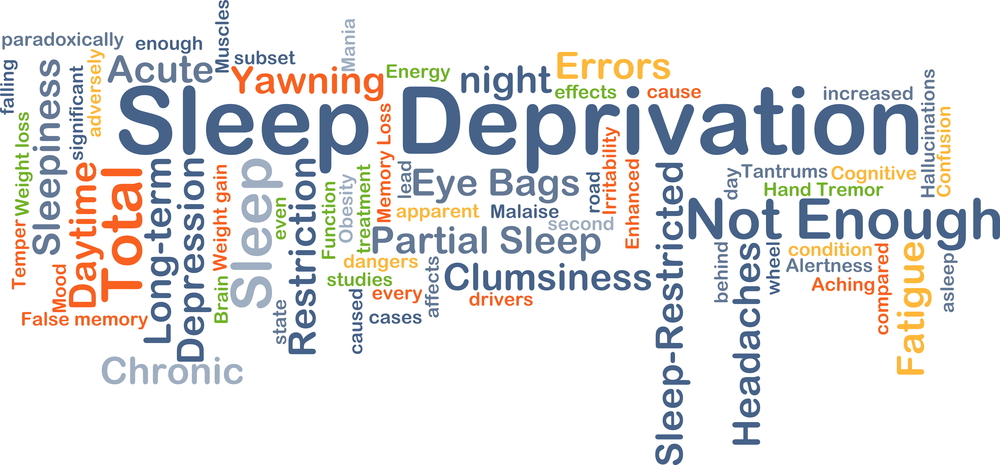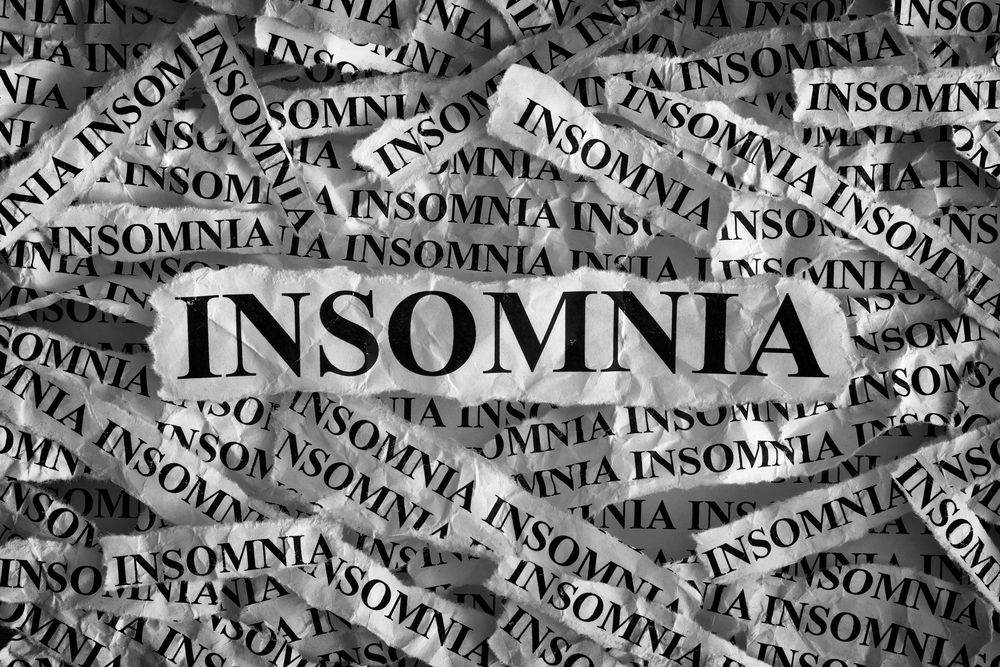Required
Sleep Disorders – The Epidemic of Sleep Deprivation
Sleep Disorders – The Epidemic of Sleep Deprivation
How’s your sleep right now? I don’t know about you but with the coming of winter here in the UK, it often feels like I would love just five more minutes in bed each morning before I get up and get on with the day. Just let me lie in bed for five more minutes each morning!!
Yet if you struggle with sleeping well (or even at all in the case of some insomnia sufferers), then your whole bedtime and night-time experience may seem like one long wrestle in which you desperately seek, yet struggle to find, enough sleep.
And whilst the odd night of poor sleep may not impact too greatly, consistently struggling to get enough good quality sleep can leave you feeling drained, unmotivated, irritable, struggling to focus and like your head is one great ball of fuzziness. You may find yourself relying on caffeine to drag yourself through the day, or smoking more to try and revive yourself, or over-eating in a quest for more energy.
Then the whole struggle recommences each night.
Recently I’ve been studying a course by the University of Michigan called, ‘Sleep Deprivation; Habits, Solution, Strategies’ where their Sleep Disorders Centre discuss the modern epidemic of chronic sleep deprivation.
Prioritising Sleep
It’s quite interesting when you think about it how we can all downplay our sleep. If we want to finish watching that TV programme, go out socialising or get that work done at night we may start eating into what should be our sleep time. if we want to get stuff done or exercise we may cut short our sleep and get up early. In today’s fast moving, always-connected society, sleep can seem like something that eats into our productive daytime activities.
Yet we all have experience of how rubbish we feel mentally and physically if we go short on our sleep. And this is especially true if it occurs frequently and consistently. In fact, during the course, a Professor of Neurology talked about how sleep loss over many nights can impact on our health, brain function and happiness. Chronic sleep deprivation is a big deal people!

Perhaps our attitude towards sleep is linked to the fact that, despite the existence of many theories, no one yet knows the exact purpose of sleep.
Like many other people, for a long time I thought sleep was all about rest and conserving energy so that we can wake up the next day feeling refreshed and energised. However, it turns out that in fact we don’t actually conserve that much energy at all whilst we are asleep so that’s not the reason that we sleep.
According to Michigan University, the purpose of sleep is that it plays a vital role in our memory and learning. Whilst we sleep, improtant memories are enhanced and unimportant memories are erased by the brain. Thus sleep plays an important role in remembering things from the past and preparing the brain to remember things in the future.
Throughout our life, good sleep contributes to having a good memory and learning effectively, as well as impacting on our physical performance (sleep deprivation has a negative impact on strength and endurance and leads to an increased perception of exertion). A lack of good quality sleep can cause poor decision making and lack of attention whilst driving and people who are sleep deprived tend to be drawn towards making unhealthy food choices.
All of this evidence shows what a big deal sleep is as part of our daily routine. Given the potential negative impacts of a lack of sleep, it becomes more important than ever to ensure that you have a healthy night time routine and that, if you struggle with a sleep disorder such as insomnia, then you should take active steps to address the causes and seek professional support if necessary. Your mind and body will thank you for giving your sleep the prominence it deserves and you will likely enjoy feeling healthier and better.
Sleep Disorders and Excessive Daytime Sleepiness
If you are concerned about how sleepy you feel during the day then you may want to complete a short questionnaire called the Epworth Sleepiness Scale (a quick google search will bring up a copy that you can either print out or complete online). This scale ask you to consider your tendency to fall asleep during eight daytime situations such as sitting and reading, while watching TV or in a car.
By scoring your personal experience of sleepiness you may find that your daytime sleepiness falls within a ‘normal’ range or it may indicate mild, moderate or severe daytime sleepiness. If you are struggling with too much daytime sleepiness that you may want to start taking active steps to improve the quality of your sleep or you may wish to seek professional help if you believe that you are struggling with a sleep disorder (of which there are many, including insomnia, sleep apnea, sleep walking or restless leg syndrome).

It may also be that your sleep deprivation is linked to other issues such as stress, depression or anxiety, in which case you should take action to address those things right now.
Of course there could also be other factors. I remember when both my kids were little and they both went through that period of crying, shouting or just plain refusing to sleep for (what seemed like at the time) night after night and for months on end. Thankfully now the impact on my sleep tends to mainly occur if one of them is unwell or on Christmas Day (nothing like the sound of feet and loud whispering at 4.30am to start the Christmas fun! I can’t wait to do it all again in just a few weeks time!).
If sleep loss is an issue for you then you’ll want to keep an eye out for my next post which will be all about sleep solutions to improve the quality of your sleep. If you do have any concerns about your sleep though, you don’t have to wait until you read that post; prioritise your mental and physical well-being and take positive action to get help today.
To your success
Dan Regan
Sleep Disorders Hypnotherapy in Ely & Newmarket
Struggling with anxiety, stress, worry and fear and need some help? Find out how I can help with a Complimentary Hypnotherapy Strategy Session. Learn more here: Appointments
Find out what dozens of other people have said after their hypnotherapy sessions with Dan: Hypnotherapy Testimonials
And check out these powerful hypnosis downloads that can start helping you right away with anxiety, confidence and more: Hypnosis Downloads
Get Your Copy Right Now…
Subscribe to Dan’s Digest filled with tips, strategies and techniques and get instant access to your free rapid relaxation hypnosis audio track.
Enjoy feeling and being more mentally calm and physically relaxed right now:




0 Comments